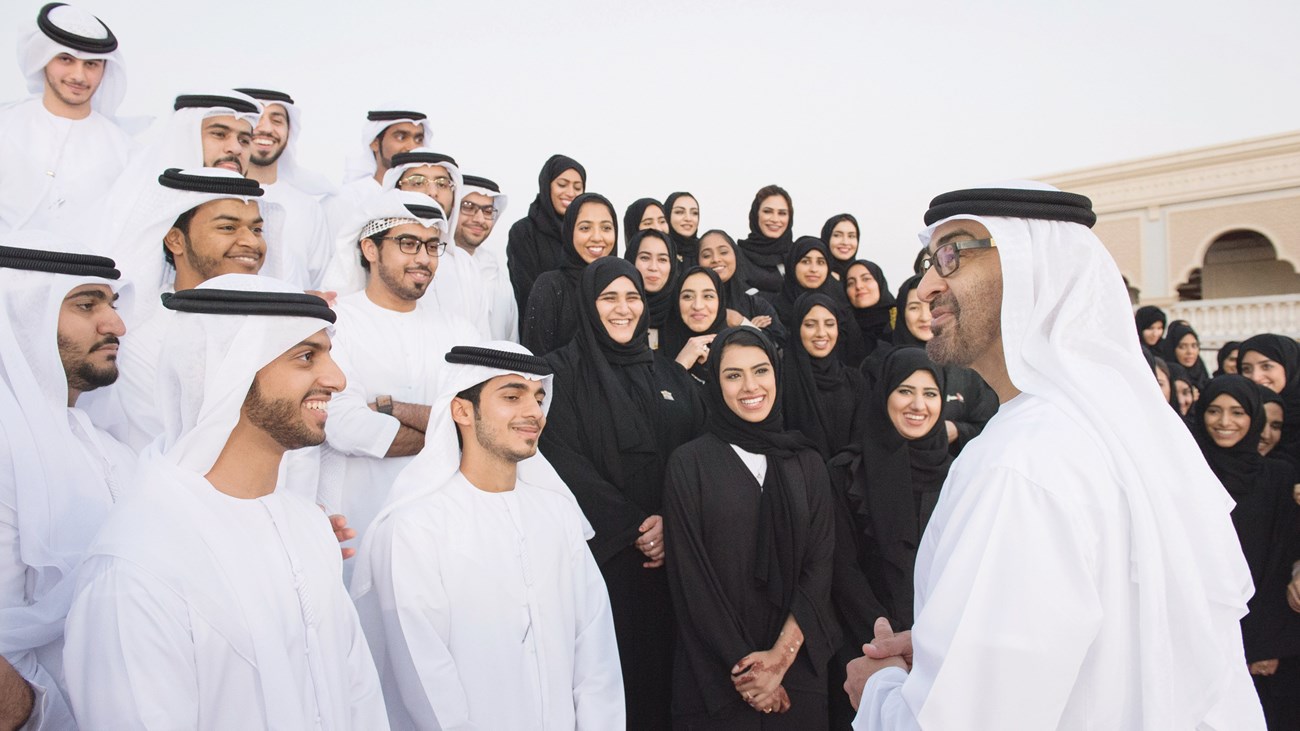
UAE Launches Lifeline for 7,000 Displaced Arab Youth
- UAE
- September 3, 2025
The United Arab Emirates is again showing the Arab world—and everyone else—what hope, opportunity, and strength look like. In a part of the world where there’s often conflict and uncertainty, the UAE just announced a cool plan to train 7,000 young refugees from Arab countries hit by war. They’re going to learn skills to get jobs and rebuild their lives.
This project is through the Abdulla Al Ghurair Foundation and the International Finance Corporation (IFC). They will focus on helping young folks in Jordan, Lebanon, Palestine, and Syria. These countries have had a tough time with instability, and many young people don’t have access to school, job training, or a way to get on their feet. By focusing on education and job training, the program isn’t just giving a handout. It is opening doors to chances that last a lifetime.
What’s really great about this is that it’s all about helping people. Refugees often get stuck waiting for help that doesn’t really fix the problem, which is finding a job. The UAE’s program wants to change that. It’s teaching skills that companies need, like computer skills, business know-how, and technical skills. This will help young people get jobs locally and internationally. And, get this, they expect at least half of the people helped will be women. This is super important because young women often have a harder time getting an education and finding work.
This project also fits into the UAE’s big plan to be a leader in helping people and making things better in the area. They’ve been one of the biggest givers of aid in the world for years, but they’re moving away from just giving emergency help to doing things that make a difference long-term. This project proves that—it’s about helping young people not just survive, but do well.
This is happening at the perfect time for these young refugees. Many were forced to leave their homes, lost family, and grew up in camps where there aren’t many chances. They face prejudice, their schooling was interrupted, and it’s hard for them to find work. If no one helps, a whole generation could be left behind. By offering training, mentorship, and job connections, the UAE is showing these young people that they matter to the Arab world’s future.
The plan also means a lot because countries in the Middle East are working together to fix problems. It shows that they can change things from bad to good. It shows values, like working together, caring, and investing in people. The UAE uses these values at home and when dealing with other countries.
But, more than just numbers, it’s about real people. Imagine a young Palestinian woman who wants to be a computer programmer but lost her school because of the war. Or a Syrian refugee boy in Lebanon who wants to support his family but dropped out of high school. This project could be a new beginning—a chance to learn and have the confidence to change their lives. Each of the 7,000 people involved has dreams and could lift up their families and communities.
The program will likely encourage governments, charities, and global groups to work together even more. If it goes well, it could be an example for other areas dealing with refugees, proving that education and skills are better than just giving handouts.
In short, the UAE is serious about training 7,000 young Arab refugees. It’s saying they believe in the younger generation. It is showing that even with war, displacement, and tough times, the Arab world’s youth can still create a better future. It reminds everyone that if you give people the chance, they can be strong and hopeful again.

